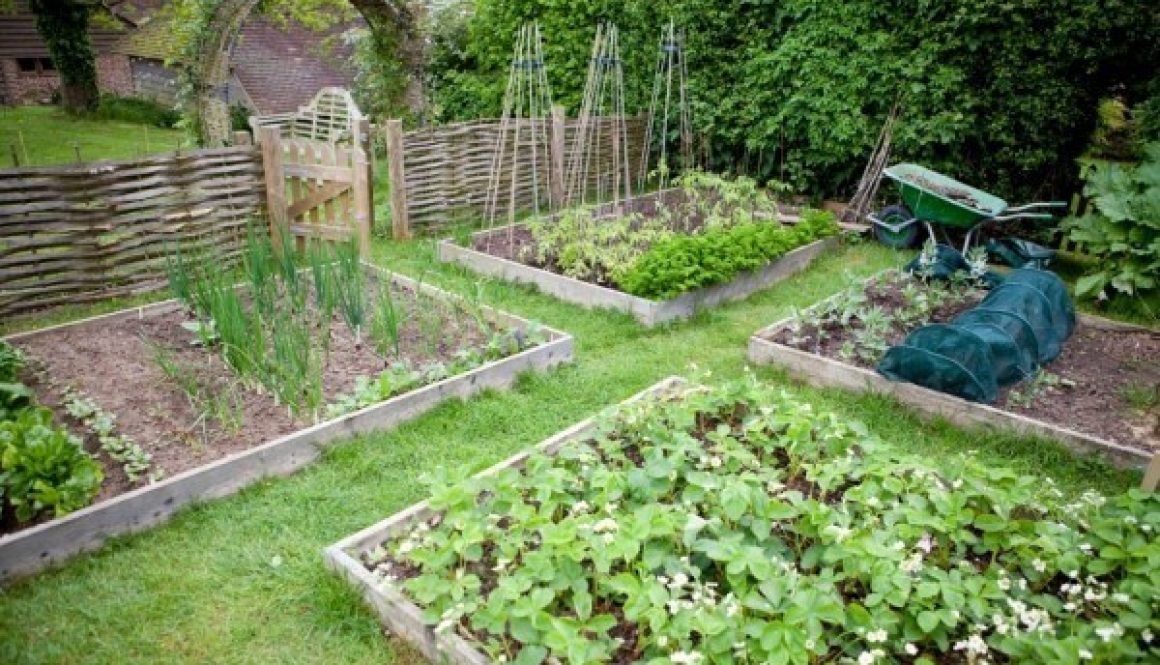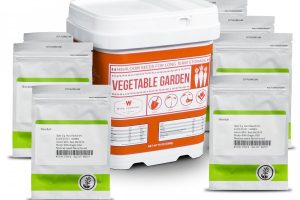Becoming Self Sufficient
We as a society have become so entrenched it our modern day conveniences that it is a perfectly natural reaction to panic when suddenly they are gone. TV, Cell Phones, Power, Water, Heat & Air Conditioning, Transportation are things we rely on daily and take for granted up until the time we don\’t have them. It could be something major or something unexpected that would suddenly cause us to lose them.
Being prepared for any event, large or small, is a very smart thing to do today while you have the conveniences, ability, and can think ahead.
So what would you need to stay safe and survive an event?
Power
With today’s alternate power technology, off-grid residents can generate their own electricity, but power systems can be expensive and they require the use of large batteries for energy storage. A sustainable power source depends upon the geography of the lot. High trees can block the wind, making a wind turbine unsuitable, and southern exposure is necessary to power a solar system. To use hydropower, the lot must have an all-season river or creek. On a calm or cloudy day, wind and solar systems won’t produce energy. Running the refrigerator, water heater and stove on propane, and using wood to produce heat, will conserve electricity. It’s also a good idea to invest in a backup generator.
Through 2016 and maybe longer, taxpayers can receive an energy credit when filing their income taxes for installing some types of renewable energy systems.
Water
A site with a reliable water supply is essential to survival, and buyers can stipulate finding potable water on the property as a contingency of their land-buying contract. A drilled water well is standard and requires the use of a pump and a large collection tank for water storage. Wells used for drinking water should be regularly tested and treated, if necessary, to ensure water safety. Rain barrels can supplement supply, especially for gardening needs, or depending on your location\’s annual rainfall, provide most or all of the water for household needs.
Collecting water from a nearby stream sounds simple, but the risk of contamination from animal feces, bacteria and other pollutants necessitates the use of water filtration and purification systems. These, however, are easy to find and keep as a fail safe no matter your location.
Food
The food you have in your refrigerator and freezer is only going to stay cold for a maximum of two days. This is where most people give up and just throw that food away. However, you can make good use of that time to preserve your food. You can preserve just about everything you have in your refrigerator or freezer in one way or another.
Remember, there are a number of things in your refrigerator which don’t really need preserving. As Americans, we tend to put a lot of things in our refrigerators that are already preserved. Ketchup, jam, mayonnaise, and other condiments will most likely keep just fine even if they are left out on the counter. Other things like eggs don’t spoil very rapidly, so you don’t need to worry about them. The things you most need to concern yourself with are meats, dairy products, fruits, and vegetables.
While you can cook on your barbecue grill during a power outage, you may want to have an alternate means of cooking available. Eventually, you’ll run out of charcoal or gas for your grille and you’ll still want to eat. Of course, if you’re heating your home with a fire, you can always cook over it as well.
The easiest and most efficient alternative for cooking is to build a rocket stove. Rocket stoves provide a lot of heat for a very small amount of fuel, making them highly efficient. The secret is that the rocket stove moves a large amount of air through the stove by natural convection. This fresh air helps ensure that the fuel is burned completely. It also keeps the fuel burning rapidly so that the temperature is maintained.
Heat
The other big challenge is going to be heating your home. All of our modern home furnaces require electricity to operate. With a \”grid down\” scenario, you won’t have any heat at all.
This is one item that takes some prior planning and preparation. You’ll need to have some sort of heater available, as well as a good supply of fuel on hand. For the majority of people, the most obvious heater is either a fireplace or a wood burning stove. Another alternative to consider is a kerosene heater.
A wood burning stove can be installed temporarily for emergency use. The hardest part is making sure that you have an adequate fireproof floor under the stove. You don’t want to set it on carpeting, as it will most likely ruin the carpeting. Besides, both carpeting and wood floors can burn. If you don’t have a fireproof floor, you can easily put a temporary one in by overlapping layers of tile on your existing floor.
The chimney for the wood burning stove can be run out through a window. Simply remove one pane of glass and run the chimney through the hole. Make sure that the chimney is installed in such a way that the path the smoke must travel through is uphill all the way. Otherwise, the fumes might back up into the room. In addition, close off the extra space in the window with plywood.
This may require that your whole family lives in one or two rooms for the duration of the power outage, or at least until it warms up again. This is especially important at night when everyone is sleeping. While sleeping together in one room may be difficult, it won’t be as bad as freezing due to lack of heat.





